Imagine waking from a 50-year coma to find that the TV in your recovery room was permanently tuned to a station playing classic British detective drama. You’d pretty soon come to the conclusion that the most dangerous places to live in the UK are not the slums of its larger northern cities but the ivied cloisters of its older university towns, the leafy lanes of Yorkshire farming communities and the half-timbered high streets of Cotswold villages. This Agatha Christie trope – that the better your education and table manners the more likely you are to be found in the rhododendrons with a machete in your head – has no direct equivalent in Australian popular culture. But as of last week, we must acknowledge a real-life parallel which is no less counter-intuitive. In the past ten years I must have visited the ABC’s Sydney and Melbourne headquarters a dozen times and was always struck by what felt like a tsunami of inclusiveness and cultural sensitivity the moment I stepped into the lobby – the same inclusiveness and cultural sensitivity which had seemed to me to saturate every ABC program I watched or listened to during that period. But I am now forced to conclude that this was a carefully maintained but cynically conceived veneer, and that far from being safe spaces for minorities, those latte-lover landmarks of Southbank and Ultimo are in truth strongholds of the worst kind of institutionalised bigotry. How else to explain the fact that even the most respected and well paid indigenous Australian on the ABC’s payroll (a man who, thanks to his Hollywood good looks, the coma patient of my opening sentence might even struggle to identify as Aboriginal were his name not so often followed by the phrase ‘proud Kamilaroi and Wiradjuri man’) has repeatedly been the target of what he describes as ‘sickening racist attacks’ in the discharge of his duties, while his bosses allegedly watched with folded arms. Like the BBC’s volte-face on the suspension of football show presenter Gary Lineker for his tweeted disapproval of Rishi Sunak’s immigration policy, the limp-wristed apology the ABC made in response to Stan Grant’s shocking revelations is far too little far too late. Unlike the slavery which has been recently discovered to have benefitted the 19th-century founders of the Guardian, and which is such an embarrassment to its present editorial board, the vilification of Stan Grant was never condemned by ABC management as it was happening, just as they did nothing to mitigate the vilification of the royal family which informed the network’s live coverage of the Coronation. Like even the most loyal of His Majesty’s subjects, I suspect, I found the theatrics and ritual of that event borderline ridiculous, but it seems to me there’s one ancient royal tradition which the ABC might do well to incorporate into its governance protocols going forward. Heads (old white male ones, obviously) must not only roll in Ultimo; they should be put on spikes across the Anzac Bridge.
It is too soon to say how many lives will be saved by the breakthrough made recently by Australian scientists in the treatment of food allergies. But it seems reasonable to hope that the principle behind it – that the introduction of small quantities of something to a baby’s digestive system within weeks of its birth will prevent violent reactions later in life – is one whose efficacy might have much wider applications. I am not for one minute suggesting that one way to rid Australia of problems like racism, sexism or body-shaming is to encourage children to deploy mildly racist, sexist and weightist epithets in the playground. But I can’t help thinking that if the people and institutions responsible for the nations’s education and entertainment were not quite so hell-bent on expunging every trace of that vocabulary and those values from what Australians read and watch as children, there might be less chance of them bursting into tears, calling a helpline or self-harming when they encounter the real thing a few years later. Which, however caring and inclusive our lawmakers and taxpayer-funded institutions are, they inevitably will.
Got something to add? Join the discussion and comment below.
Get 10 issues for just $10
Subscribe to The Spectator Australia today for the next 10 magazine issues, plus full online access, for just $10.
You might disagree with half of it, but you’ll enjoy reading all of it. Try your first month for free, then just $2 a week for the remainder of your first year.


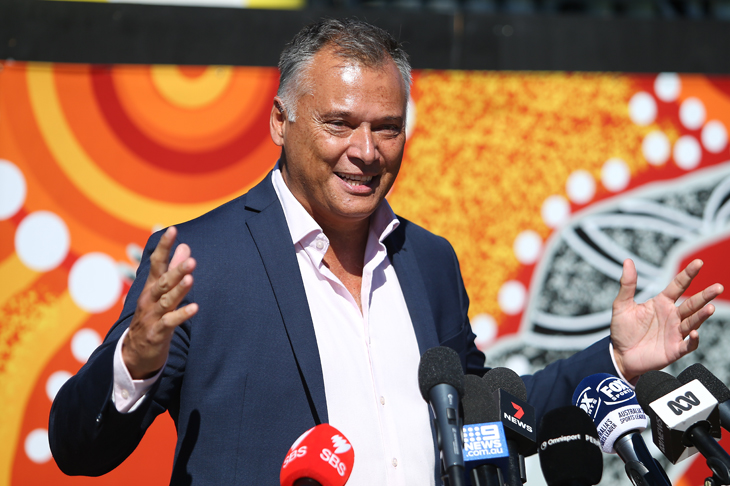
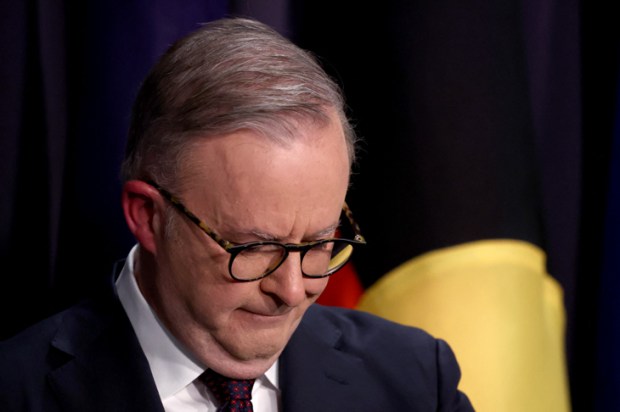
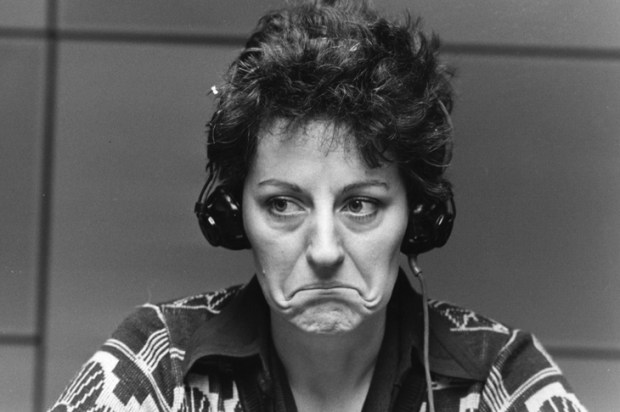
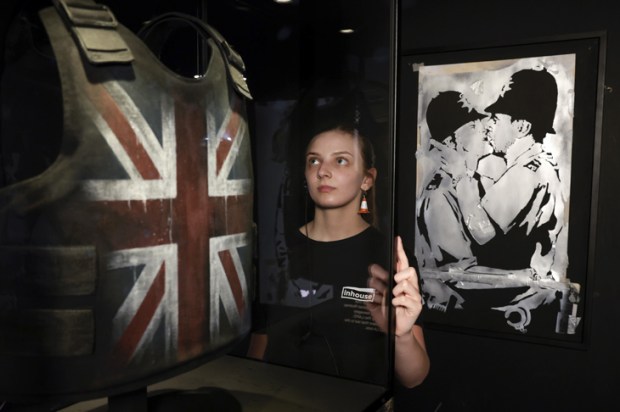
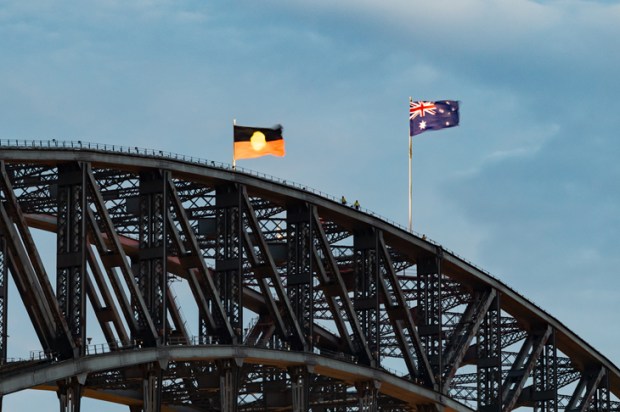

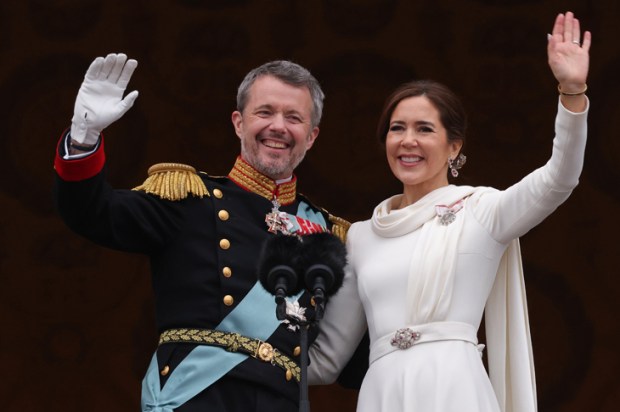






Comments
Don't miss out
Join the conversation with other Spectator Australia readers. Subscribe to leave a comment.
SUBSCRIBEAlready a subscriber? Log in